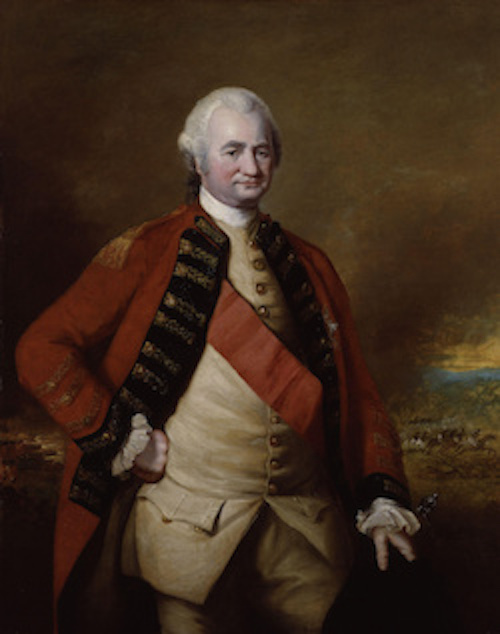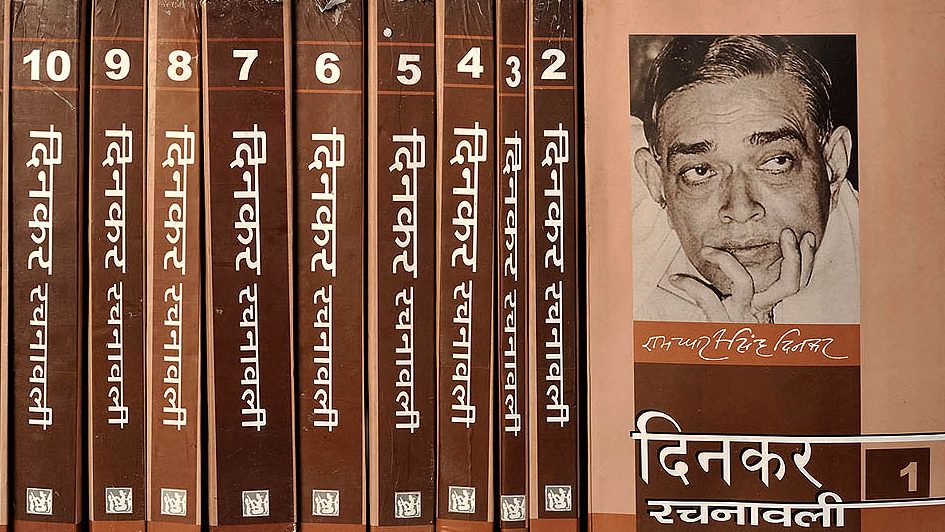Dear Dadu
I am confused.
Shri Shashi Tharoor’s speech at Oxford University said that the British looted us and so they owe us at least symbolic compensation. Many people have sent me mails and weblinks regarding this, and they clearly think that Shri Tharoor is right.
On the other hand there are also many people who say that the British might have looted us, but that is what every colonial power does (and it is exactly what we are doing to our own people in India) – but at least the British left us modern education and English, and the rule of law and a clean system of administration, and roads and railways, and modern industries, and of course our Constitution which is what has enabled us to survive as a democracy at least till now.
What did you think, Daduji?
Love
Praanj
Dear Praanj
As in so many cases, there is some truth to both these points of view. But we need to go a little deeper if we are to have any real insight into the matter.
First, how would it help us if the British government paid the Indian government, as Shri Tharoor suggests, a symbolic compensation of £1 per year? Would it help us to feel better? Maybe it would help some individuals to feel superior to the British!
But how does it help our country to receive, at today’s rate of exchange of the British Pound, a mere Rs 99 a year?
In reality, the British government has given our government, in the last few years, foreign aid worth more than £200 million (Rs 1,980 crore) every year.
 Second, we need to ask why it was that Britain, whose population in the year 1600 was only 6 million, came to conquer the whole of South Asia, whose population then was 135 million. Can a fight between 6 people on one side and 135 people on the other side, really be won by the 6? Surely only in the most extraordinary circumstances! Especially if you consider that the 135 have superior weapons and are fighting to defend their own home against only 6 attackers!
Second, we need to ask why it was that Britain, whose population in the year 1600 was only 6 million, came to conquer the whole of South Asia, whose population then was 135 million. Can a fight between 6 people on one side and 135 people on the other side, really be won by the 6? Surely only in the most extraordinary circumstances! Especially if you consider that the 135 have superior weapons and are fighting to defend their own home against only 6 attackers!
In fact, there was hardly any straight fight between Indian forces and British forces that was actually won by the British. In every single case, when the British won, they won because we were betrayed by our own people.
The British may not have been particularly moral at that point in history, but we were clearly even less moral than they were – I mean that at least the British did not betray their own side!
So, as Gandhiji once said, the British did not eventually rule us because they were strong. They eventually ruled us because we were weak.
The apparent cause of that weakness may seem to be that we were self-divided (just as we are still self-divided now). But the cause of that self-division, and therefore the real cause of our weakness, was cultural and moral. Even now, as a nation, we are not prepared to face the real causes of our weakness and self-division.
We prefer to divert attention to British colonialism when the fact is that we have been independent for some 70 years. It is also a fact that, since Independence, our own rulers have looted us more than the British ever did.
A cultural disease
Today, there are of course people who, for whatever reason, don’t divert attention to British colonialism, but instead like to divert attention to capitalists and multinational companies. Or, if we are ourselves among the elite (ie people with capital, or in the managerial class) we like to divert attention to the problems caused by workers’ unions or to labour laws.
In other words, whether at the level of the nation, or at the level of groups or at the level of ourselves as individuals, we usually like to find some way of blaming others. We never like to look at ourselves to see if we are doing anything wrong or how we can improve ourselves, become stronger ourselves.
Any cultural disease is a very deep one in a nation. Which means that you and I have to struggle very hard against that if we are to overcome it.
How can we do so? Well, you may have heard the saying: “When you point a finger at someone, there are three fingers pointing back at you”. That is a modern adaptation of the question, two thousand years ago, from Jesus: “Why do you focus on the speck in your brother’s eye while ignoring the log in your own eye?” When we focus attention angrily at the flaws of others, we are often diverting attention from things we don’t like about ourselves. We try to put others down to make ourselves feel better. When we cannot bear to see something painful in ourselves, we want to get rid of it by trying to relocate that ugliness into someone else. By saying bad things about others (which may or may not be true), we hope that no one will pay attention to the bad things in ourselves. But it is by far better to follow the three fingers in order to develop an objective view of our own strengths and weaknesses.
So next time you have one of your friends wanting to debate with you about the merits or demerits of British colonialism, or the evils of capitalism or socialism, you might want to switch the topic to the question of how we, who are responsible for our own destiny, can take some initiatives for strengthening our nation, or improving one of the institutions and groups with which we are associated – or indeed becoming better people ourselves.
Love
Dadu
Published in the September 2015 issue of the FORWARD Press magazine





